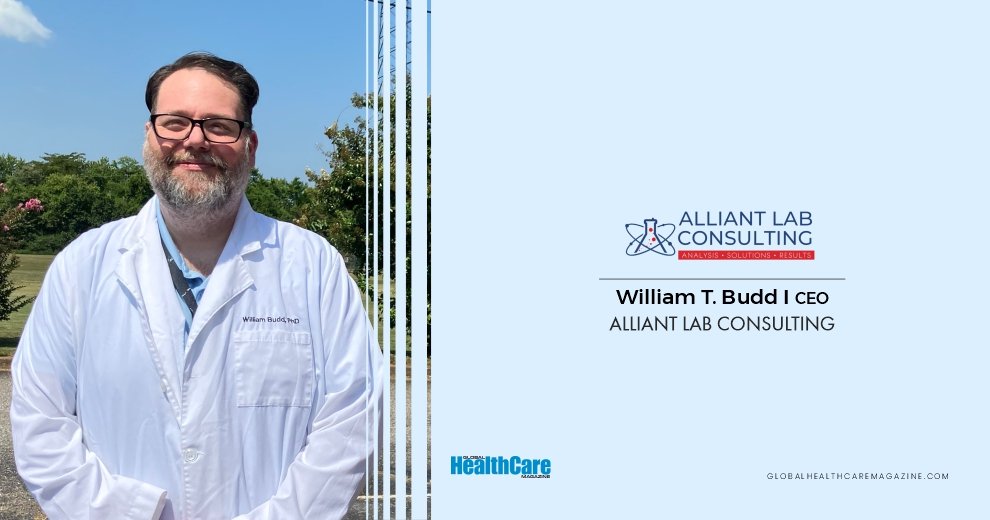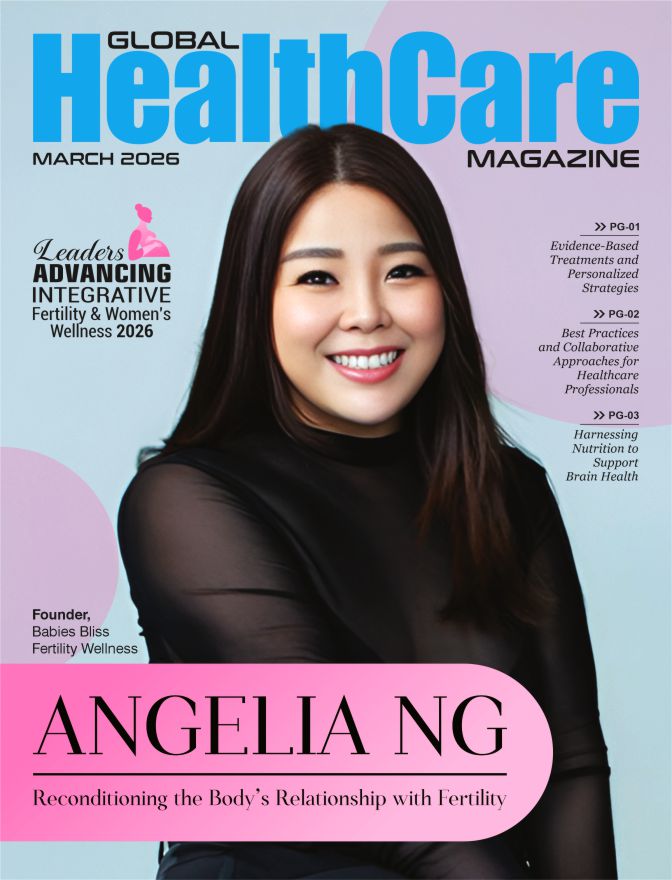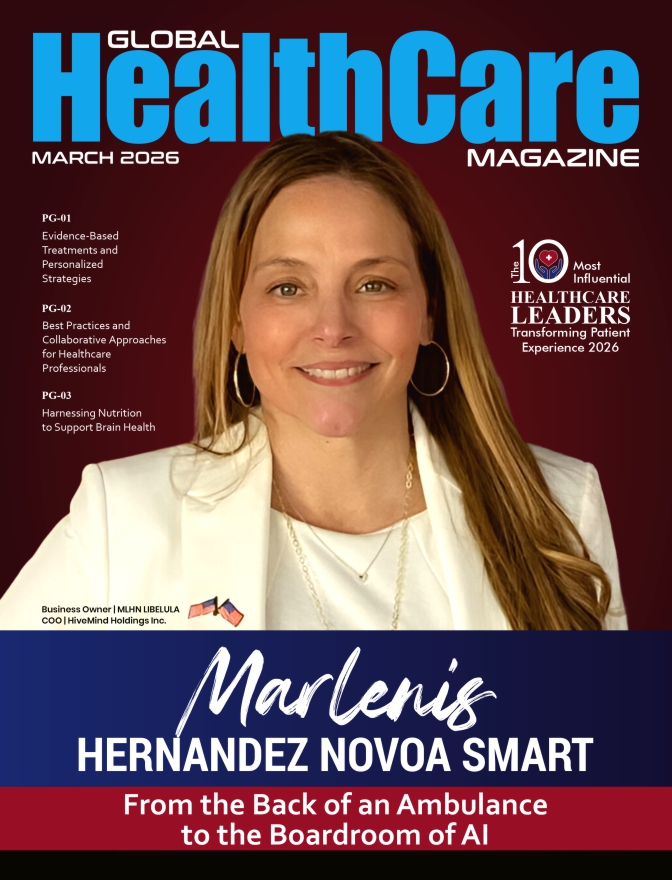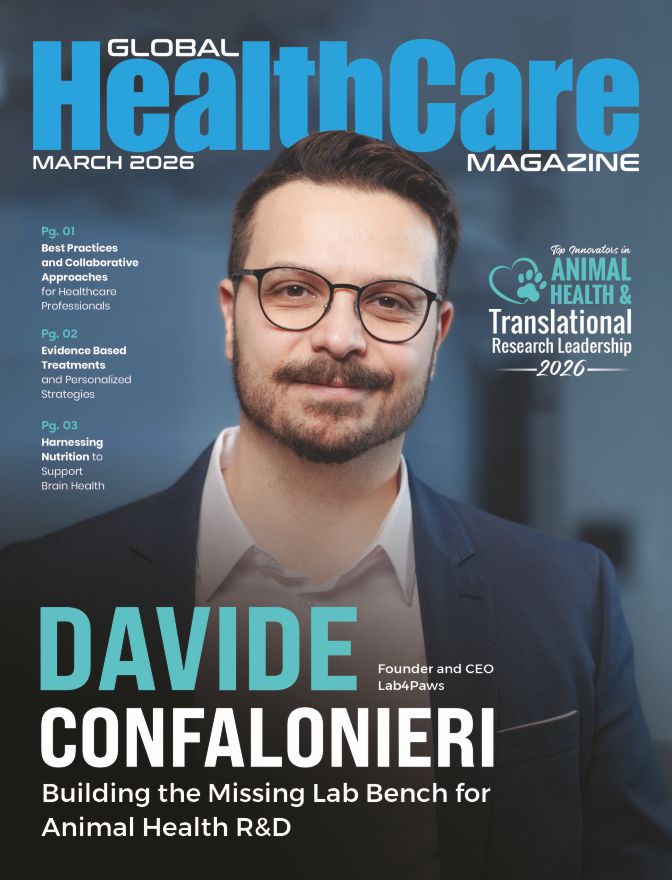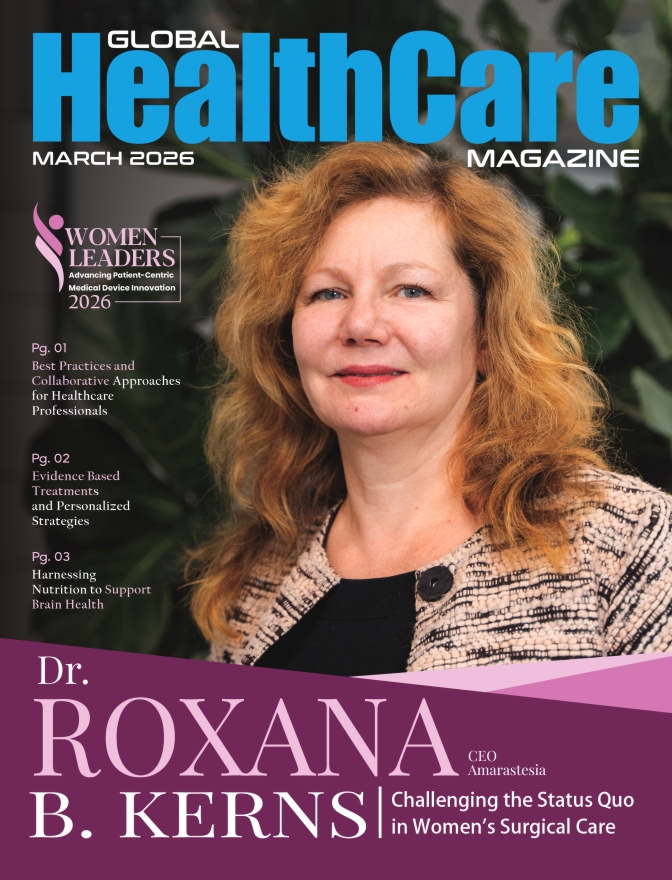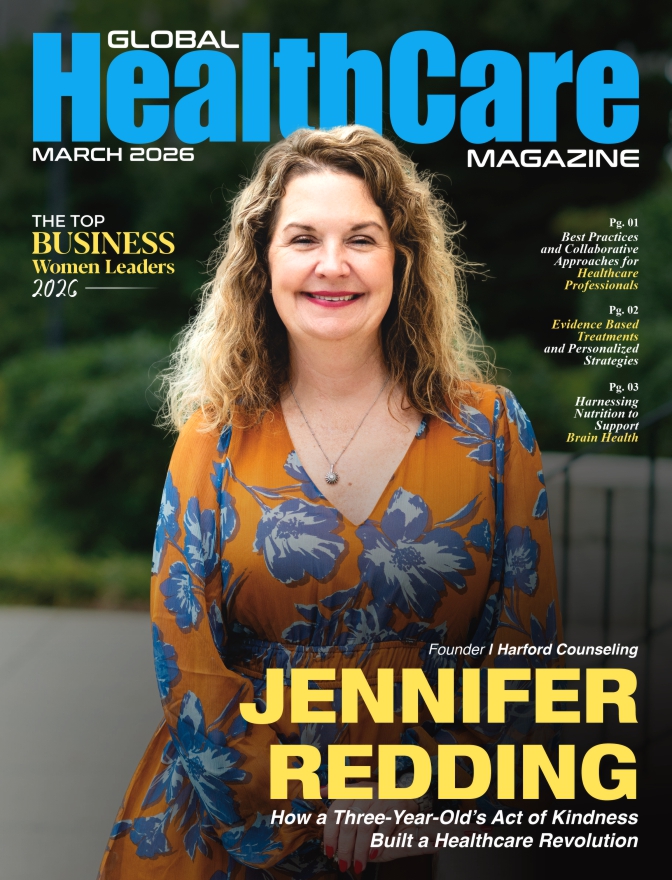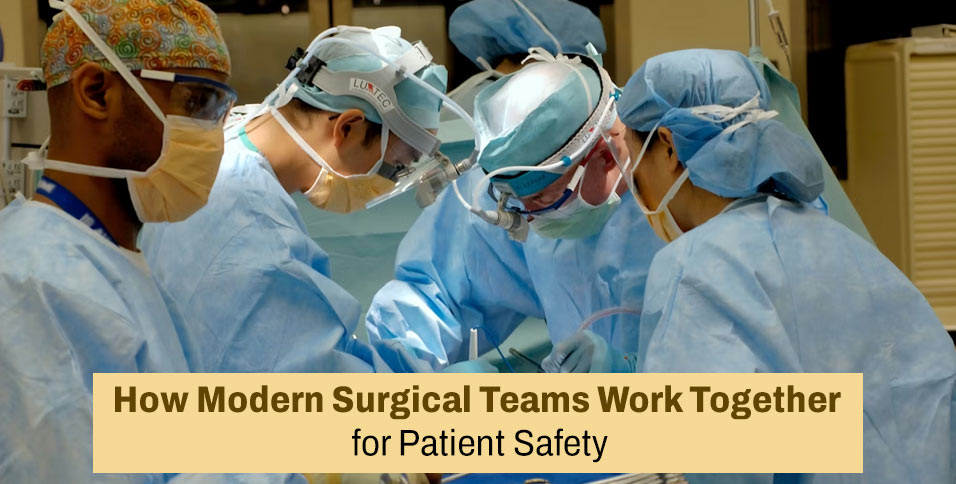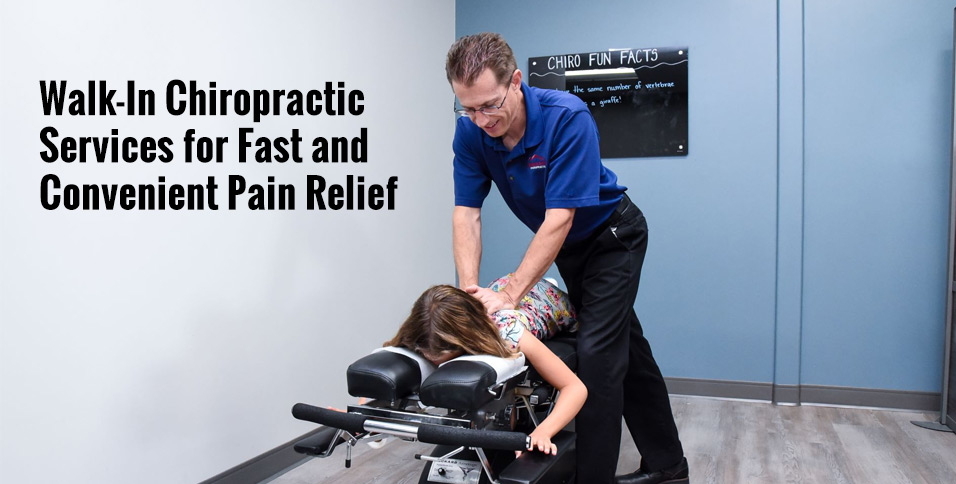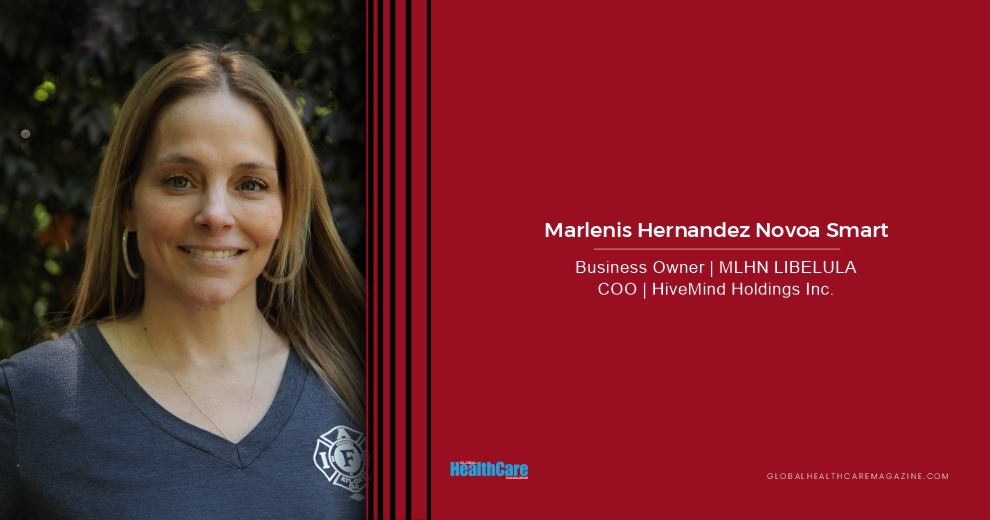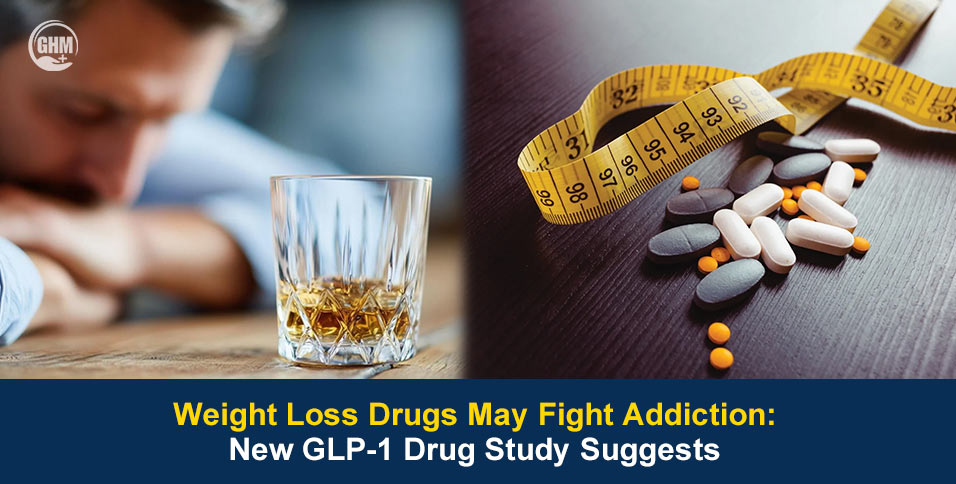Before William T. Budd was a CEO, before he held a PhD in Integrative Life Sciences, and long before he was an expert in the intricate molecular pathways of cancer, he was a man who understood crisis. He was a firefighter and a critical care paramedic, a first responder on the front lines of human fragility. His office was the back of an ambulance, a chaotic, high-stakes theater of human fragility. He worked with the critically ill and the catastrophically injured, people whose bodies were engaged in a desperate, paradoxical civil war.
In those moments, surrounded by the blare of sirens and the intricate machinery of life support, a deep fascination took root. William observed how the human body’s own compensatory mechanisms, its elegant systems designed to save itself, could, during periods of extreme illness, begin to cause more damage than the initial injury. It was a profound, firsthand lesson in the stunning complexity and sometimes tragic fallibility of biological systems. This experience, witnessing the body’s intricate systems break down at their most fundamental level, would become an unlikely yet powerful foundation for a career dedicated to rebuilding them.
The story of William Budd is the story of a man who traveled from the front lines of human trauma to the frontiers of molecular biology. It is the story of a leader who understands that to solve the most complex diseases, you must first understand the complexity of the systems themselves—whether they exist within a single human cell or across a national network of clinical laboratories.
The Pivot to the Cellular Level
The questions that arose in the back of the ambulance followed William to Virginia Commonwealth University (VCU). His interest in the body’s complex interactions led him to pivot from emergency care to the intricate world of scientific research. He completed his Master of Science in Bioinformatics in 2010, followed by a PhD in Integrative Life Sciences in 2012, with a concentration in molecular biology and biochemistry. The macro-level chaos of trauma care was replaced by a fascination with the micro-level chaos of cancer.
“While at VCU, I became interested in the processes of tumorigenesis and cancer progression,” William recalls. He immersed himself in the study of prostate cancer, helping to elucidate the crucial role that microRNAs—tiny, non-coding molecules—play in the initiation of a tumor and its deadly progression into metastasis. He was learning to see disease not as a single event, but as a systems failure, a cascade of broken communication within the most complex network of all. This systems biology framework, the idea that complex diseases can only be understood by integrating multiple levels of data, became his guiding scientific principle.
Building a Remedy for the System
After years in research, Dr. William saw a different kind of system in need of attention: the clinical laboratory ecosystem itself. He saw labs struggling with inefficient workflows, navigating shifting regulatory landscapes, and trying to commercialize brilliant new technologies without a clear path to market. In 2022, he took the helm as CEO of Alliant Lab Consulting, a company designed to address these systemic problems head-on.
As CEO of the Southaven, MS-based company, his key responsibilities are the development and maintenance of strategic partnerships. Alliant Lab Consulting acts as a crucial bridge between worlds. They work with clinical laboratories, device and assay manufacturers, and physician groups, offering a suite of services designed to optimize the entire laboratory lifecycle. Their core offerings are a direct reflection of the pain points Dr. William has observed in the industry:
- Validation of laboratory-developed tests
- Installation of laboratory equipment
- Optimization of workflow
- Installation of laboratory information management systems
- Healthcare compliance
- Revenue cycle management
- Development of custom assays and go to market assessments
“As a clinical life science leader, I need to ensure that I remain cognizant of the quickly shifting reimbursement landscape and help our clients stay ahead of the changes,” Dr. William says, highlighting one of the most pressing challenges his partners face. Another is staffing. In response, Alliant started its own recruiting and staffing division, dedicated to continuously sourcing the “best and brightest in the industry” for its clients. His role is to ensure his scientific teams have every resource they need, clearing the path so they can solve the complex problems at hand.
The Metrics of Impact
For Dr. William, success is not an abstract concept; it is a set of measurable, real-world outcomes. When working with clinical partners, his team assesses success through a lens of direct impact.
- Have they decreased the turnaround time for testing?
- Have they brought a new, vital test in-house that was previously outsourced?
- Have they implemented a solution that allows a clinician to initiate definitive treatment for a patient more quickly?
For his biotech and manufacturing partners, the questions are just as direct:
- Have sales increased?
- Has the quality of the product in the clinical environment improved?
This focus on tangible results extends to his own company’s KPIs, which include increased test utilization and revenue for clients, decreased denials from payers, and the number of projects completed per month. It is the rigorous, data-driven mindset of a scientist applied to the complex, often messy, world of business.
Leadership Forged in Crisis
“Tough times call for great leaders,” Dr. William states. “It is easy to appear to be a good leader when things are going well. It is not clear that you’re a good leader until things are not going well.” This is not a theoretical maxim for him; it is a philosophy forged in the crucible of profound professional challenges.
His leadership was most severely tested when he was working with a large company that was suddenly and catastrophically abandoned by its private equity firm. Without warning, funding was pulled, and over 300 people were laid off. The operation was in freefall. Dr. William was faced with the monumental task of shutting down the entire operation in an orderly fashion. He had to convince a small, essential contingency of people to remain behind and help him, all without any guarantee that they would be paid for their work.
It was a moment that stripped leadership down to its most essential element: trust. “Thankfully, there were a number of people that respected and trusted me enough to help,” Dr. William recalls. That a group of people, in the face of such uncertainty and betrayal, chose to stay and work alongside him is perhaps the most powerful testament to his leadership style, one that inspires loyalty even in the darkest of times.
This experience stands in stark contrast to what he describes as his highest moments: working with and mentoring junior scientists. He finds immense joy in “seeing the excitement they feel when they are able to make connections between didactic and experimental work.” It is the heart of a teacher, a leader who finds fulfillment in empowering others.
The COVID-19 Response
One of Dr. William’s proudest and most impactful accomplishments came at the very dawn of the COVID-19 pandemic. At the time, he was working for a small clinical toxicology laboratory and had been hired to start a molecular diagnostics program. In late December 2019, with the first whispers of a novel coronavirus emerging from China, he had the foresight to reach out to a corporate contact in the UK. Together, they began to collaborate on developing a PCR assay for SARS-CoV-2.
By February 2020, before the virus had fully gripped the world, they had successfully developed and validated a clinical assay. By early March, when the need became critical, they were ready. “We scaled quickly to provide results on the same day of receipt for over 3000 samples at a time other national labs were taking up to 7 days to report results,” Dr. William says. They worked closely with public health partners, implementing drive-through testing sites in multiple areas at the height of the pandemic.
But the innovation didn’t stop there. In 2021, as multiple variants began to circulate—variants for which treatment or outcomes might differ—his team developed a clinical assay that could determine the specific variant in real time. It was a remarkable feat of speed, foresight, and scientific rigor that undoubtedly saved lives and provided critical data when the world needed it most.
The Future is Intelligent
Looking ahead, Dr. William is most excited by the potential of artificial intelligence, particularly large language models (LLMs), to transform the clinical lab industry. He sees a future where AI can help identify gaps in care and recommend potential solutions directly to clinicians, creating a more intelligent and responsive healthcare ecosystem.
For Alliant Lab Consulting, the next year will be focused on continuing to develop strategic partnerships with vendors and device manufacturers. He is also keenly interested in the burgeoning field of direct-to-consumer (DTC) testing, seeing the continued shift of testing from the doctor’s office to the home.
Through it all, Dr. William maintains his balance by ensuring he takes time off every few months to get away, reset, and refresh. It is a necessary practice for a leader who has spent his career running toward, not away from, the most complex challenges. From the back of an ambulance to the frontiers of AI, William Budd has never lost the core insight that inspired him from the beginning: that the best way to heal is to first understand the system, and then have the courage, the vision, and the leadership to build a better one.
Quotes
“Tough times call for great leaders.”

Also Read: The Most Influential Leaders Shaping the Biotech Industry in 2025

